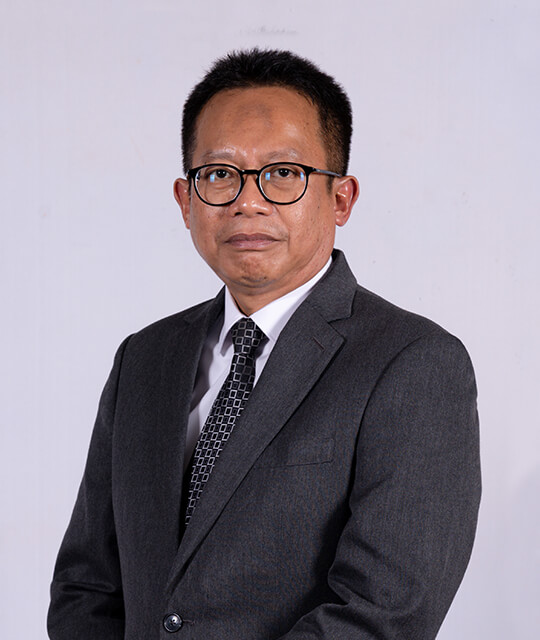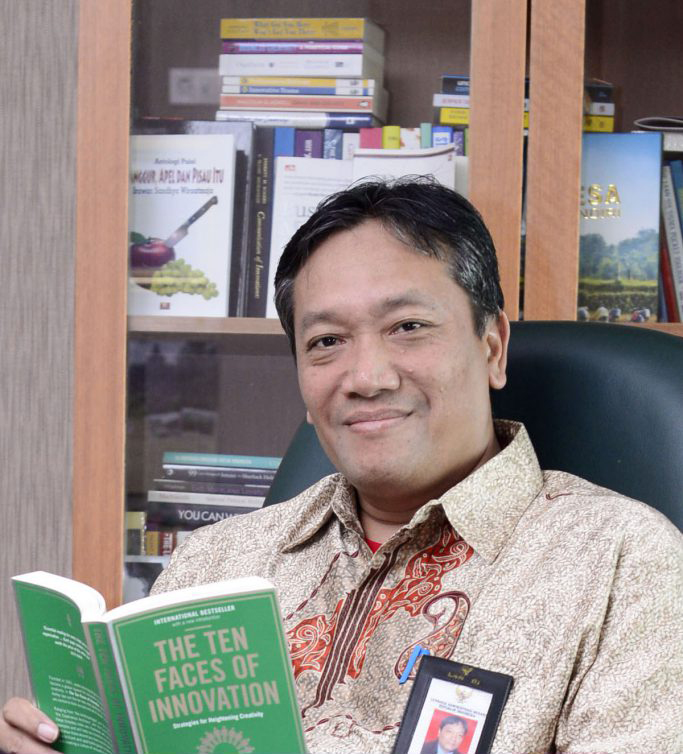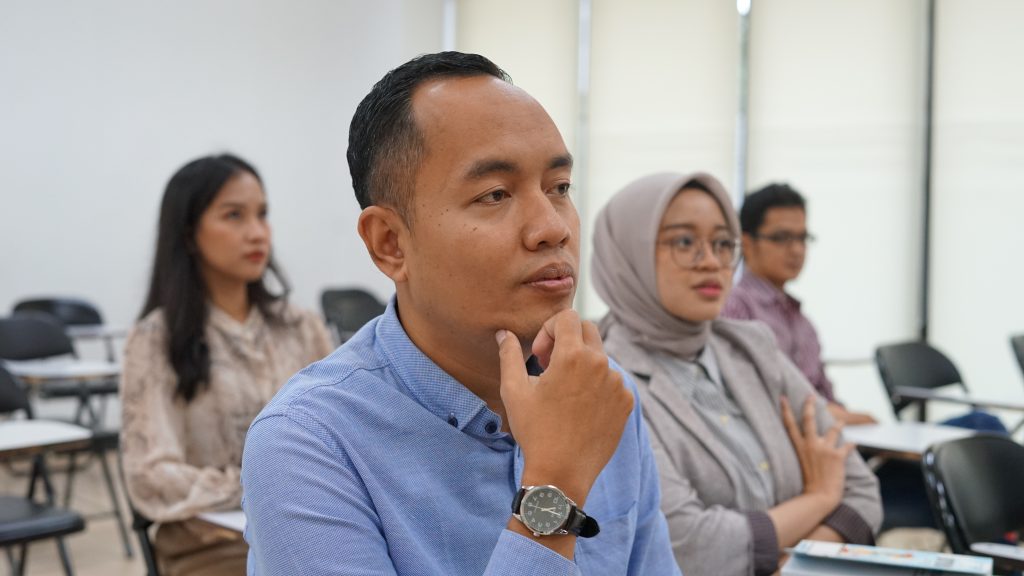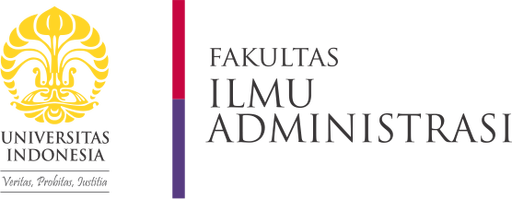CREATING A GREAT FUTURE
WITH A GOOD POLICY
Magister Kebijakan Publik dan Governansi (MKPG)
Universitas Indonesia

Mengenal MKPG Lebih Dekat
Magister Kebijakan Publik dan Governansi (MKPG) merupakan program studi di Departemen Ilmu Administrasi Negara yang membekali mahasiswa dengan kemampuan berpikir logis, kritis, sistematis, dan multiperspektif sehingga dapat bekerja secara mandiri maupun kolaboratif dalam merekomendasikan kebijakan publik dan desain governansi dalam rangka memecahkan masalah-masalah publik pada tingkat instansional, nasional, ataupun global.
Lulusan Prodi MKPG akan memperoleh gelar:
Magister Kebijakan Publik (MKP)
Mengapa Memilih MKPG?
Apabila Anda bekerja di sektor publik atau ingin memiliki kompetensi sebagai analis kebijakan publik dan governansi sektor publik, MKPG menjadi opsi terbaik untuk mengoptimalkan karier dan kompetensi Anda. Program studi ini membekali mahasiswa dengan perspektif multidisiplin dan praktis dengan pendekatan pembelajaran berbasis riset (research-based learning). Mahasiswa akan mempelajari kebijakan publik dan governansi dengan kasus dan proyek-proyek yang nyata.
Prominent Lecturer

Prof. Dr. Eko Prasojo, Mag.rer.publ.
Guru Besar FIA UI; Sekretaris Eksekutif Komite Pengarah Reformasi Birokrasi Nasional; Mantan Wakil Menteri PANRB

Prof. Dr. Irfan Ridwan Maksum, M.Si.
Guru Besar Fakultas Ilmu Administrasi Universitas Indonesia

Prof. Dr. Amy Yayuk Sri Rahayu, M.Si.
Guru Besar Fakultas Ilmu Administrasi Universitas Indonesia

Professor Mark Considine
Adjunct Professor Fakultas Ilmu Administrasi Universitas Indonesia

Dr. Didid Noordiatmoko, MM
Inspektur Jenderal Kementerian Perdagangan; Plt. Kepala Badan Pengawas Perdagangan Berjangka Komoditi Kementerian Perdagangan

Dr. Tri Widodo Wahyu Utomo, SH, MH
Deputi Bidang Kajian Kebijakan dan Inovasi Administrasi Negara Lembaga Administrasi Negara
Prospek
Lulusan Program Studi MKPG dapat menjadi analis kebijakan publik yang profesional baik sebagai pegawai Aparatur Sipil Negara (ASN) maupun non-pegawai ASN (lembaga kajian, mitra pembangunan internasional, korporasi).
Perkuliahan
Semester 1 | Semester 2 | Semester 3 | Semester 4 | ||||
Mata Kuliah | SKS | Mata Kuliah | SKS | Mata Kuliah | SKS | Mata Kuliah | SKS |
Teori Governansi dan Institusi | 3 | Reformasi Governansi Publik | 3 | Kebijakan Sektor Sosial Ekonomi | 4 | Publikasi | 2 |
Pendekatan dan Teori dalam Kebijakan Publik | 3 | Kebijakan dan Governansi Perkotaan | 3 | Pembangunan dan Transfer Kebijakan | 3 | Tugas Akhir* | 4 |
Proses dan Analisis Kebijakan Publik | 3 | Desain, Implementasi, dan Evaluasi Kebijakan | 3 |
|
|
|
|
Politik dan Advokasi Kebijakan Publik | 3 | Metodologi Penelitian Kebijakan | 4 |
|
|
|
|
Subtotal | 12 | Subtotal | 13 | Subtotal | 7 | Subtotal | 6 |
Total: 38 SKS | |||||||
Keterangan:
- Publikasi dan Tugas Akhir dapat mulai diambil pada Semester ke-3, sehingga mahasiswa dapat lulus dalam 3 semester (1,5 tahun).
- Jenis Tugas Akhir dapat dipilih sesuai preferensi penyelesaian studimahasiswa: Tesis, Makalah Proyek Akhir, atau Laporan Studi Kasus.
Jadwal:
Senin-Jumat (18:30 s.d. 21:00 WIB)
Tempat:
Hybrid (Daring dan Kampus UI Depok)

Persyaratan
- Calon mahasiswa program studi MKPG harus lulus dari program sarjana atau Diploma IV berbagai disiplin ilmu dari perguruan tinggi dalam negeri yang terakreditasi oleh BAN-PT atau Lembaga Akreditasi Mandiri, atau perguruan tinggi luar negeri yang diakui oleh Kementerian Pendidikan dan Kebudayaan.
- Persyaratan penerimaan calon mahasiswa program studi MKPG:
- Nilai TPA Universitas Indonesia minimum 500
- Nilai ITP TOEFL minimum 500 atau IELTS minimum 6 atau lulus ujian Bahasa Inggris yang diadakan oleh Universitas Indonesia
- IPK yang diperoleh pada jenjang pendidikan sebelumnya minimal 3,00 (dalam rentang 0-4)
Tanggal Penting
- Pendaftaran: 28 Februari – 20 Maret 2024
- Ujian: 24 Maret 2024 (Daring)
- Pengumuman: 3 Mei 2024
*apabila terdapat perubahan jadwal, silakan mengacu pada jadwal yang tertera di situs penerimaan.ui.ac.id
Biaya
Uang Pangkal (UP) : Rp 20.000.000*
Biaya Operasional Pendidikan (BOP) : Rp 20.000.000*
(Masih akan disesuaikan dengan SK Rektor)
Informasi Lainnya
Fakultas Ilmu Administrasi UI
Telp: 081258880016 (FIANI)
(Jam Kerja 09.00-15.00 WIB)

